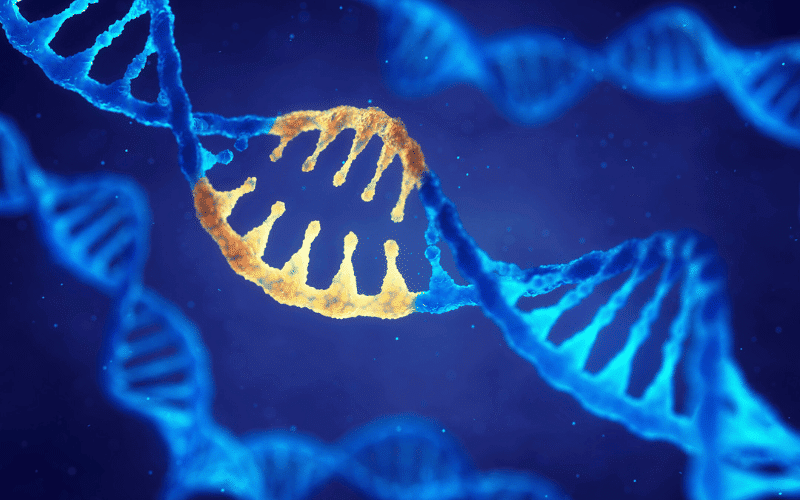6. Genetic Liver Diseases: When Genetics Play a Role

Genetic liver diseases are a group of disorders caused by inherited genetic mutations that affect liver function. These conditions can lead to liver failure if left untreated or not managed appropriately.
While they may not be as common as some other causes of liver failure, genetic liver diseases can have a significant impact on the affected individuals and their families. Early diagnosis and intervention are essential for the successful management of these conditions.
One well-known genetic liver disease is Wilson’s disease, which is caused by mutations in the ATP7B gene. This gene is responsible for encoding a protein that helps regulate the transport of copper in the liver. When the ATP7B gene is mutated, copper cannot be properly excreted from the liver and accumulates in toxic amounts, eventually leading to liver damage and failure.
Wilson’s disease typically presents in late childhood or early adulthood, with symptoms such as jaundice, fatigue, abdominal pain, and neurological issues. Treatment for Wilson’s disease involves medications to reduce copper levels in the body and prevent further liver damage, as well as dietary modifications to limit copper intake.
Hemochromatosis is another genetic liver disease that results from mutations in the HFE gene, which is involved in regulating iron absorption from the diet. When the HFE gene is mutated, excessive amounts of iron are absorbed and stored in the liver, eventually leading to liver damage, cirrhosis, and liver failure.
Hemochromatosis is more common in individuals of Northern European descent and often presents with symptoms such as fatigue, joint pain, and skin darkening. Treatment for hemochromatosis involves regular phlebotomy to remove excess iron from the body and prevent further liver damage.
Alpha-1 antitrypsin deficiency is a genetic disorder caused by mutations in the SERPINA1 gene, which encodes the alpha-1 antitrypsin protein. This protein is essential for protecting the lungs and liver from damage caused by inflammation.
When the SERPINA1 gene is mutated, the alpha-1 antitrypsin protein cannot be produced correctly, leading to a buildup of abnormal protein in the liver and increased vulnerability to liver damage. This can result in liver inflammation, cirrhosis, and liver failure.
Genetic liver diseases, while less common than other causes of liver failure, can have severe consequences if not diagnosed and treated early. It is crucial for individuals with a family history of genetic liver disease or who experience symptoms suggestive of these conditions to seek medical evaluation to ensure proper management and minimize the risk of liver failure. (6)